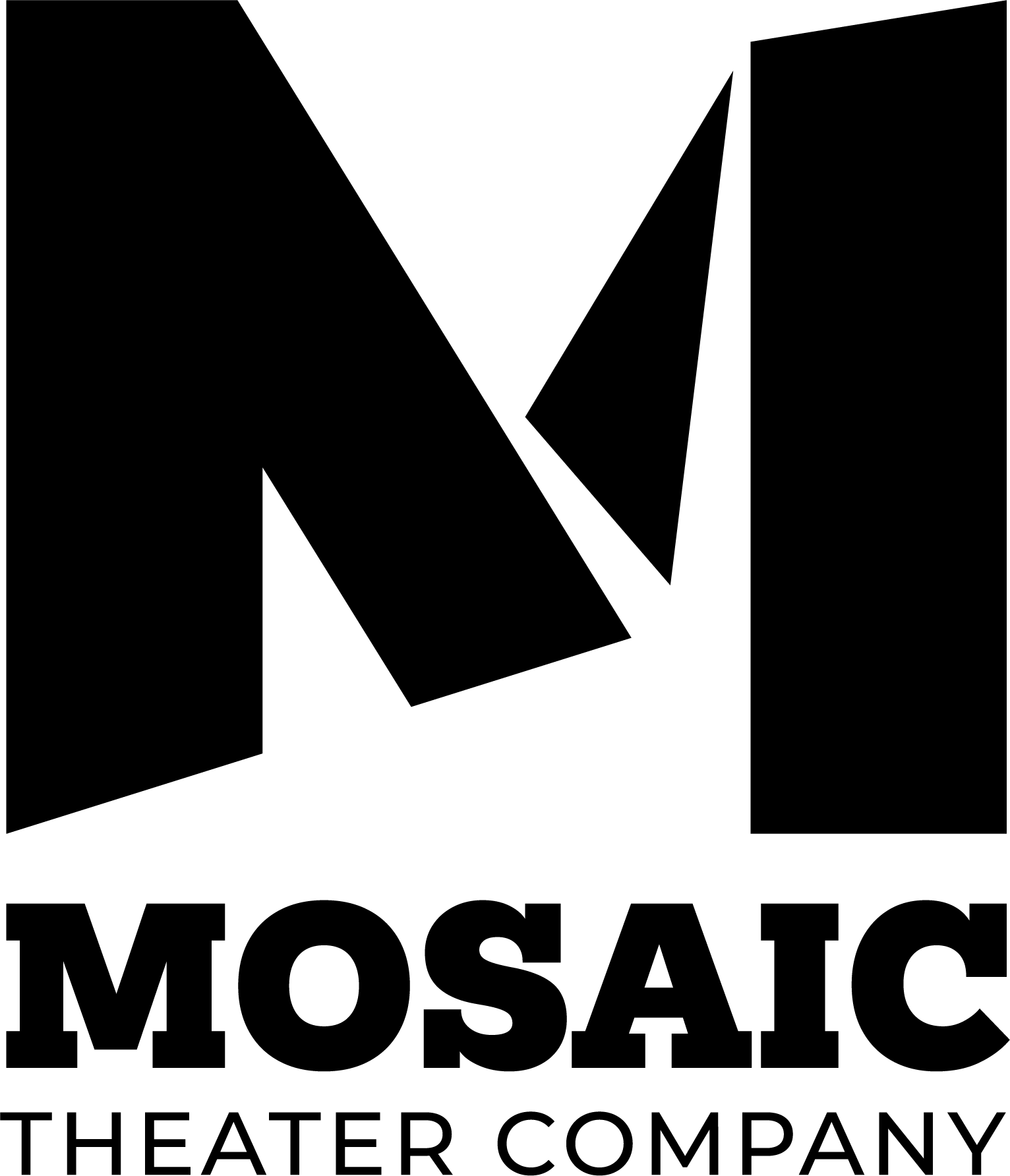The Power of Theater in Civic Discourse
The Power of Theater in Civic Discourse
What Is Civic Discourse?
It may sound like a lofty ivory-tower term, but civic discourse simply refers to how members of society communicate with regard to shared public concerns. Its goal is to respectfully explore and consider all points of view on a given question so that everyone is heard, then seek common ground in decision-making so that as many people benefit as possible.
Yet it takes only a moment of watching the January 6th insurrection and its aftermath to see that American civic discourse is in critical jeopardy. How can the nation find its way back to civilized dialogue and community-minded problem-solving? The answer may be surprising, and it might just lie in going to see a play at your local theater.
The role of theater in contemporary culture is not limited to entertainment or engagement with the fine arts: it can provide healthy ways to reexamine assumptions about almost any aspect of human existence. As award-winning movies and TV shows demonstrate, the impact of theater on society should never be underestimated. Here are just a few ways that performed drama can help to heal social and political divisions in the US.
Provides audiences with new perspectives. As current political divides and tensions become more entrenched, it’s increasingly important that Americans get exposure to new ways of thinking—even in small or indirect ways. The narratives presented in theatrical performances offer audiences nourishing imaginative opportunities to empathize with otherwise unfamiliar people and situations. This helps to break viewers out of the “bubbles” and “echo chambers” that reinforce dogmatic thought.
Helps people to feel less alone. Theater helps audience members feel more socially connected in multiple ways. It presents characters and situations that people can relate to, which normalizes their struggles and anxieties. Unlike watching TV at home, it also requires audiences to share a physical space and experience. Perceiving and sharing others’ reactions to the performance helps viewers feel a sense of togetherness. In fact, data suggests that people in a theater even share physiological connections.
Offers a useful metaphor (and mirror) for society. Everyone is a protagonist in their own life plot, but also a supporting actor in a larger social narrative. Witnessing theater performances encourages audiences to think about multiple characters at once and how plot outcomes may impact each of them. This frame of mind is also useful for engaging in civic discourse: the ability to consider and empathize with the perspectives of others helps people to think about the greater good before endorsing a particular action.
Presents characters as complex, evolving, and human. A high-quality theatrical performance reveals various sides of the main characters, intriguing audiences and inviting examination. Yet amid recent sociopolitical shouting matches, Americans have reduced each other to stock characters. Following theatrical character development reminds audiences to also witness one another as complex, vulnerable creatures. The more people learn about each other, the more human character defies categorizations.
Tells stories that demonstrate personal growth and change. A well-written and well-acted character should change and evolve to some degree over the course of a play: villains can even become heroes, and vice versa. Watching a character develop in a play reminds audiences that it’s never too late to learn from your mistakes or change your mind about something. Healthy civic discourse requires us to do just that: be open to changing our minds—and believe that others are capable of doing the same.
Improve Your Civic Mindset with Performances at Mosaic Theater
The Mosaic Theater Company in Washington, DC produces bold, culturally diverse theater that illuminates critical issues, elevates fresh voices and sparks connections among communities throughout our region and beyond.
We approach our complex world with a spirit of open inquiry and exploration that is central to learning about and appreciating perspectives and experiences different from our own. We produce culturally eclectic theater experiences that provide varied avenues to understanding complex, socially relevant issues. We listen to and learn from each other.
Our inclusive community programming includes Neighborhood Nights which invite our neighbors in northeast and southeast DC to attend dedicated pay-what-you-will Friday evening performances throughout the season. Each Neighborhood Night performance features open captioning and an ASL-interpreted post-show discussion with members of the cast or creative team. Join us for Neighborhood Nights this season on these upcoming dates:
May 6 for MARYS SEACOLE by Jackie Sibbles Drury
June 24 for IN HIS HANDS by Benjamin Benne
Beginning with the recently announced 2022/23 Season, Mosaic is expanding our accessibility from one performance to every performance! Ten pay-what-you-will tickets will be available for every performance in the 2022/23 Season, and they can be claimed at the box office one hour prior to the performance start time. A reduced price option is available for both our subscription package and single tickets as well.
For news, updates, and additional discounts, sign up for our newsletter.
To support Mosaic’s accessibility efforts and partner with us in cultivating exciting new work and creating productions which foster intercultural conversation, please consider making a donation.
